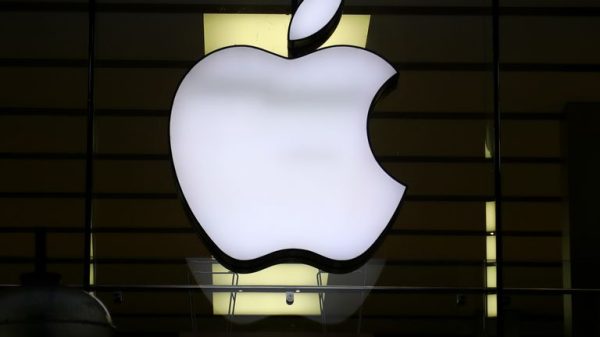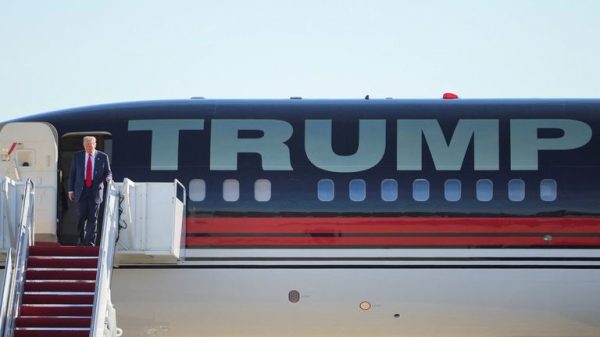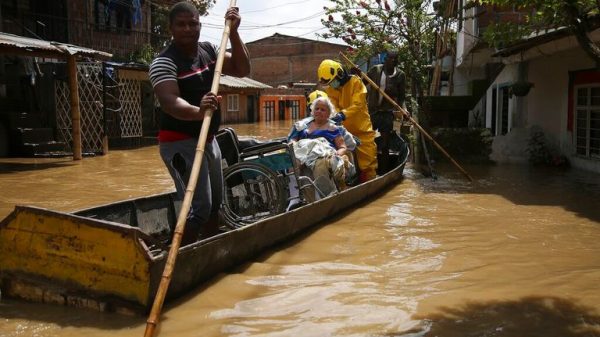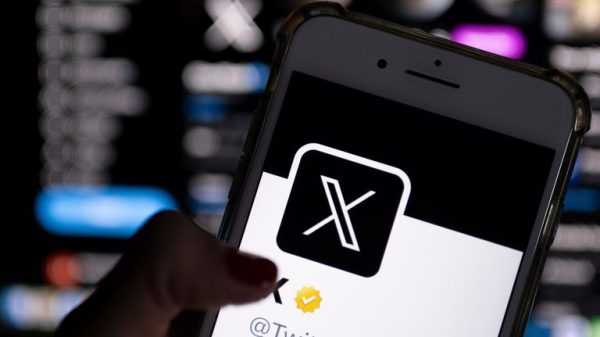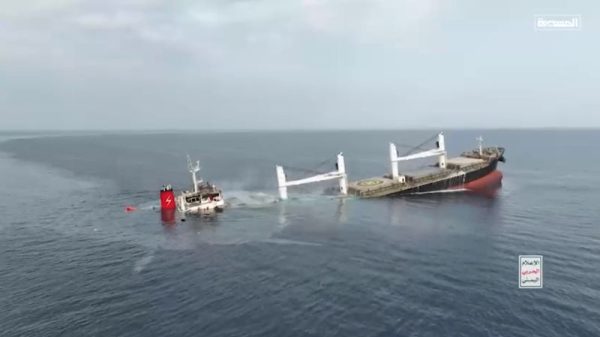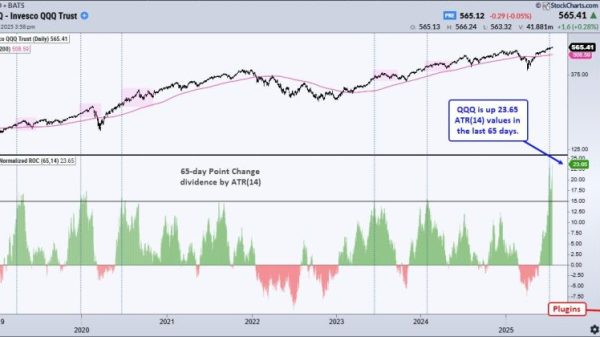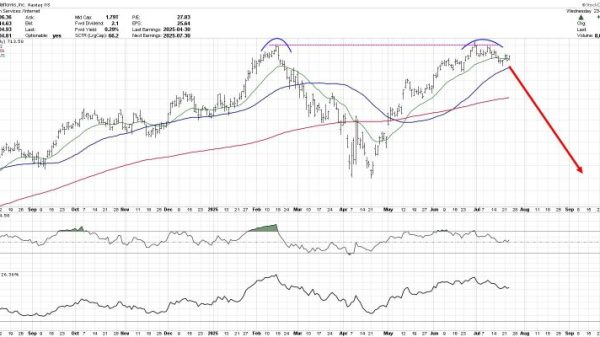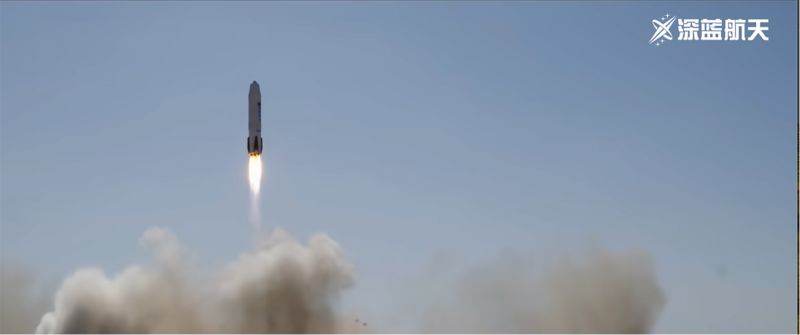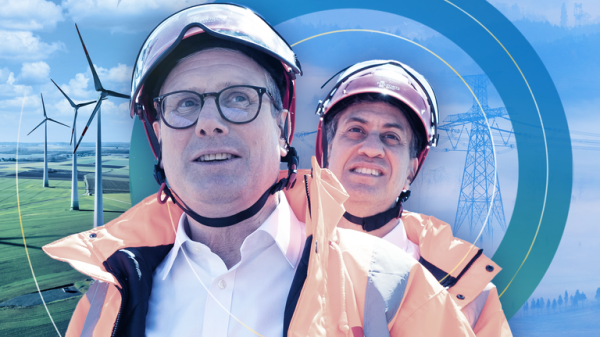Two tickets for passage on what could be the first Chinese rocket ship to take tourists to space were sold Thursday, according to a livestream held by the company, as the country’s commercial space firms aim to join a small but expanding global space tourism industry.
The tickets – priced at 1,000,000 yuan (around $140,000) for a roughly 12-minute trip to the edge of space on a spacecraft set to be launched by Deep Blue Aerospace in 2027 – sold out “immediately,” according to state-linked Global Times.
Some 3 million people tuned in to the broadcast on Chinese shopping platform Taobao, which was the first time a Chinese firm has put tickets for space tourism up for public sale.
The identities of the ticket buyers were not made available.
Deep Blue Aerospace is among a vanguard of Chinese commercial space firms developing rockets to power Beijing’s ambitious plans for outer space, which include building out satellite constellations to rival American firm SpaceX’s Starlink – as China vies to become a dominant space power alongside the United States.
Work remains to be done for the company to meet its announced timeline.
Deep Blue Aerospace’s reusable Nebula-1 rocket – slated to carry the company’s CEO and five others to space for the mission in three years – is still under development.
Last month, the rocket failed to complete a high-altitude vertical recovery test flight, the company said, with footage it released showing the vehicle crashing in its final phase. A new test is slated for next month, while the company has said it will ramp up testing in 2025 and 2026 to ensure the “safety and reliability of suborbital manned travel.”
Companies working in rocket development across the world have frequently faced setbacks and delayed timelines. But on Thursday, Deep Blue Aerospace’s CEO and founder Huo Liang appeared confident that the rocket would be ready to power the 2027 flight, as he discussed the plans during the ticket sale livestream.
Huo explained how passengers can unbuckle their seat belts in space and “move around like fish” in the weightless environment, where they feel “exactly the same lying down as standing up.”
“In this experience, you can not only see how the earth is round, but also the vast universe and the blue planet where humans live,” said Huo, who founded the private company in 2016.
Deep Blue Aerospace aims to join a small group of companies globally offering what’s considered the next frontier of adventure tourism – typically expensive trips where passengers willing to spend hundreds of thousands of dollars can cross the Kármán line some 100 kilometers (62 miles) above Earth’s surface to enter space.
Amazon founder Jeff Bezos’ Blue Origin completed its first commercial human space flight with four private citizens in 2021, while Virgin Galactic, the space tourism venture founded by British billionaire Richard Branson, began offering regular trips to the edge of space last year.
Companies are also looking to expand their offerings to “space tourists.”
Last month, a four-person crew of civilians on board SpaceX’s Polaris Dawn mission made history as the first group of non-government astronauts to conduct a spacewalk.
Deep Blue Aerospace is not the only Chinese firm with a plan to send humans to space. This May, CAS Space said its “space tourism vehicle” will take its first crewed flight in 2028, with tickets priced expected to cost between 2 to 3 million yuan (around $281,000 to $421,000), according to state media.
The company is among a number of Chinese state-backed and private firms that are vying to develop reusable rocket technology, which could help make frequent missions to space more affordable and sustainable.
Access to reusable rockets could be a key development for China as it seeks to expand its launch capacity to build out satellite constellations and power its ambitious civil space program – as well as build out a space tourism industry.
Commentators on the livestream appeared to express some tongue-in-cheek skepticism about sending people to space, with some asking, “(If we go), can we get back?”
And those interested in the remaining seats will get another chance, the company’s page on Taobao said, noting that ticket sales will reopen on November 23.







